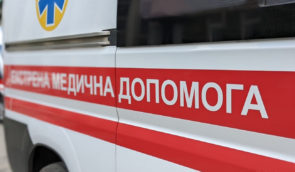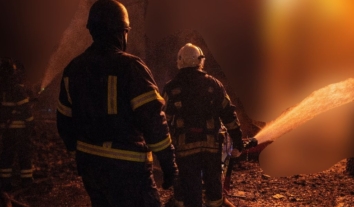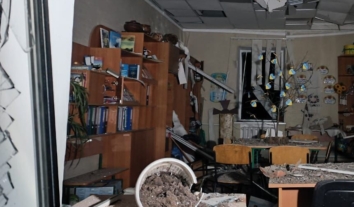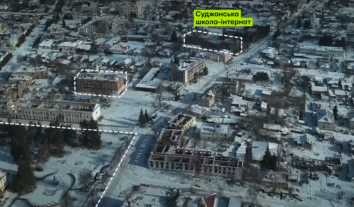Jehovah’s Witness Vitaliy Buryk arrested in temporarily occupied Kerch
Russian authorities have detained a Jehovah’s Witness member in occupied Kerch, Crimea, according to the illegitimate “Investigative Committee for Crimea and Sevastopol,” as reported by Crimea.Realii, a Radio Liberty project.
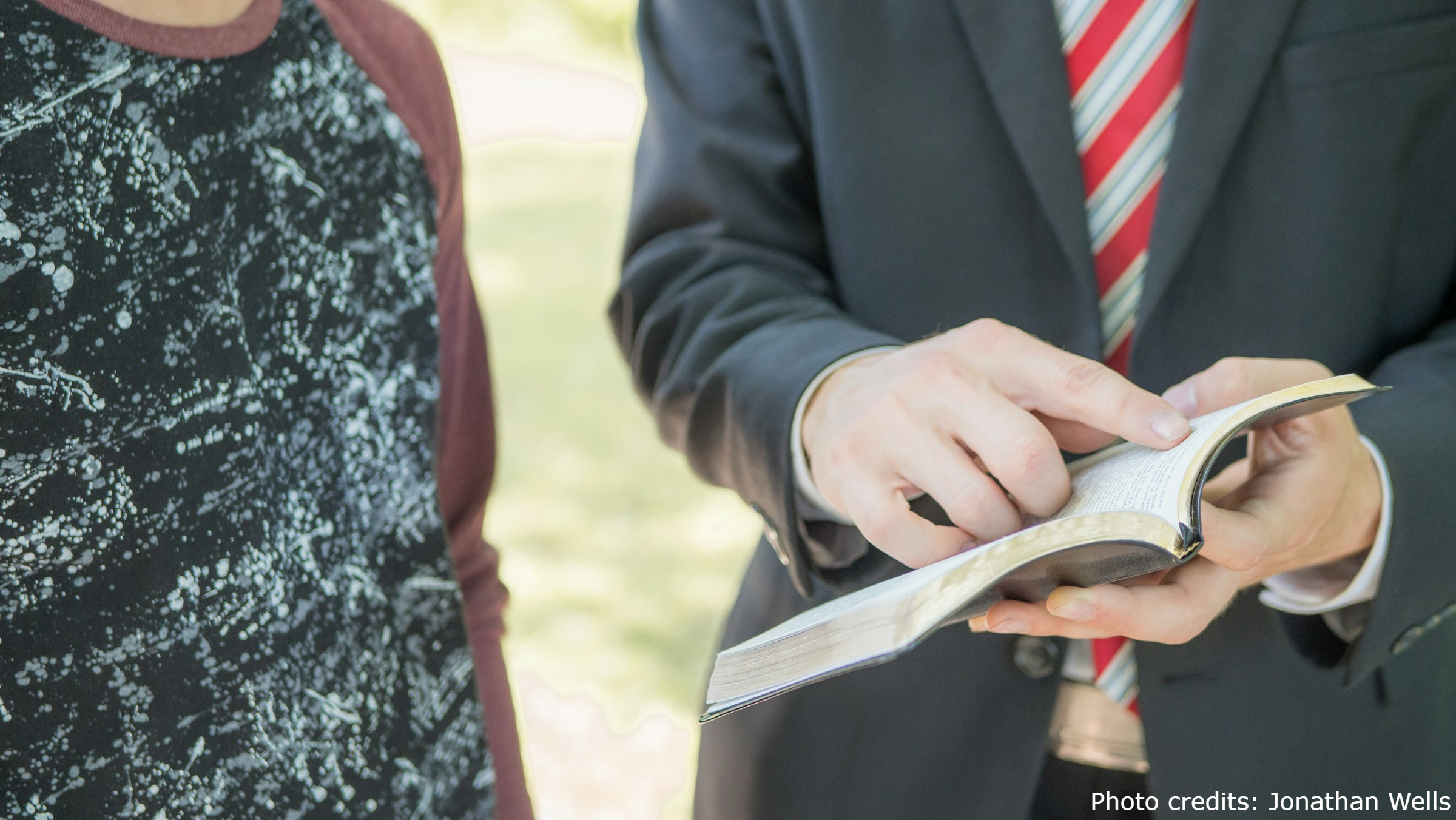
Occupation authorities claim the 53-year-old Kerch resident allegedly organised meetings of a district branch of this religious organization and stored banned literature at home.
For context, the Autonomous Republic of Crimea is Ukrainian territory under temporary Russian occupation. International law prohibits the occupying state from applying its criminal legislation in occupied territories, requiring it to use Ukrainian laws, which do not restrict Jehovah’s Witnesses.
The “Investigative Committee” withheld the detainee’s name, and no public comments from him are available.
He faces charges of “organising the activities of a banned religious organisation” under part 1, Article 282.2 of the Russian Federation Criminal Code, which carries a sentence of up to 10 years imprisonment.
The Jehovah’s Witness press service reported that authorities detained the believer in Kerch on October 9, 2024. Buryk spent two days in pre-trial detention before being placed under house arrest.
They reported that Russian security forces searched ten addresses.
“On the morning of October 9, 2024, in Kerch, security forces conducted searches of at least 10 addresses of Jehovah’s Witnesses. They opened a criminal case against 53-year-old Vitaliy Buryk for organising the activities of an extremist organisation,” the statement reads.
Authorities detained Buryk in a boiler room at his workplace. Russian security forces breached the enterprise, cutting a thick chain from the gate, and took the believer home for a search. They also searched an apartment and two garages belonging to Buryk’s relatives.
“Security forces also came to search the home of Artem Shabliy, who was previously convicted under an extremism article for his affiliation with Jehovah’s Witnesses. In other families visited by the security forces that morning, searches had also been conducted in the past due to their religion,” the organisation added.
The organisation reported that Russian security forces sometimes behaved rudely and demanded passwords to electronic devices. They seized digital devices from the believers before questioning them. Everyone except Vitaliy Buryk was released after 4 pm.
To provide background, the Russian authorities have been persecuting Jehovah’s Witnesses since the mid-2010s.
In February 2014, Russia carried out a military operation to seize the Crimean Peninsula and conducted an illegitimate “referendum” there.
On April 20, 2017, the Supreme Court of the Russian Federation banned their activities in Russia and declared them extremist.
On August 16, 2017, Russia’s Ministry of Justice added the Crimean units of Jehovah’s Witnesses to their list of extremist organizations.
These decisions have been widely criticised by human rights groups and the international community, and in June 2022, the European Court of Human Rights recognised them as inconsistent with Moscow’s commitments.
Earlier, Ukrainian Parliament Commissioner for Human Rights Dmytro Lubinets stated that Russia had initiated over 100 criminal cases against Crimeans on religious grounds.
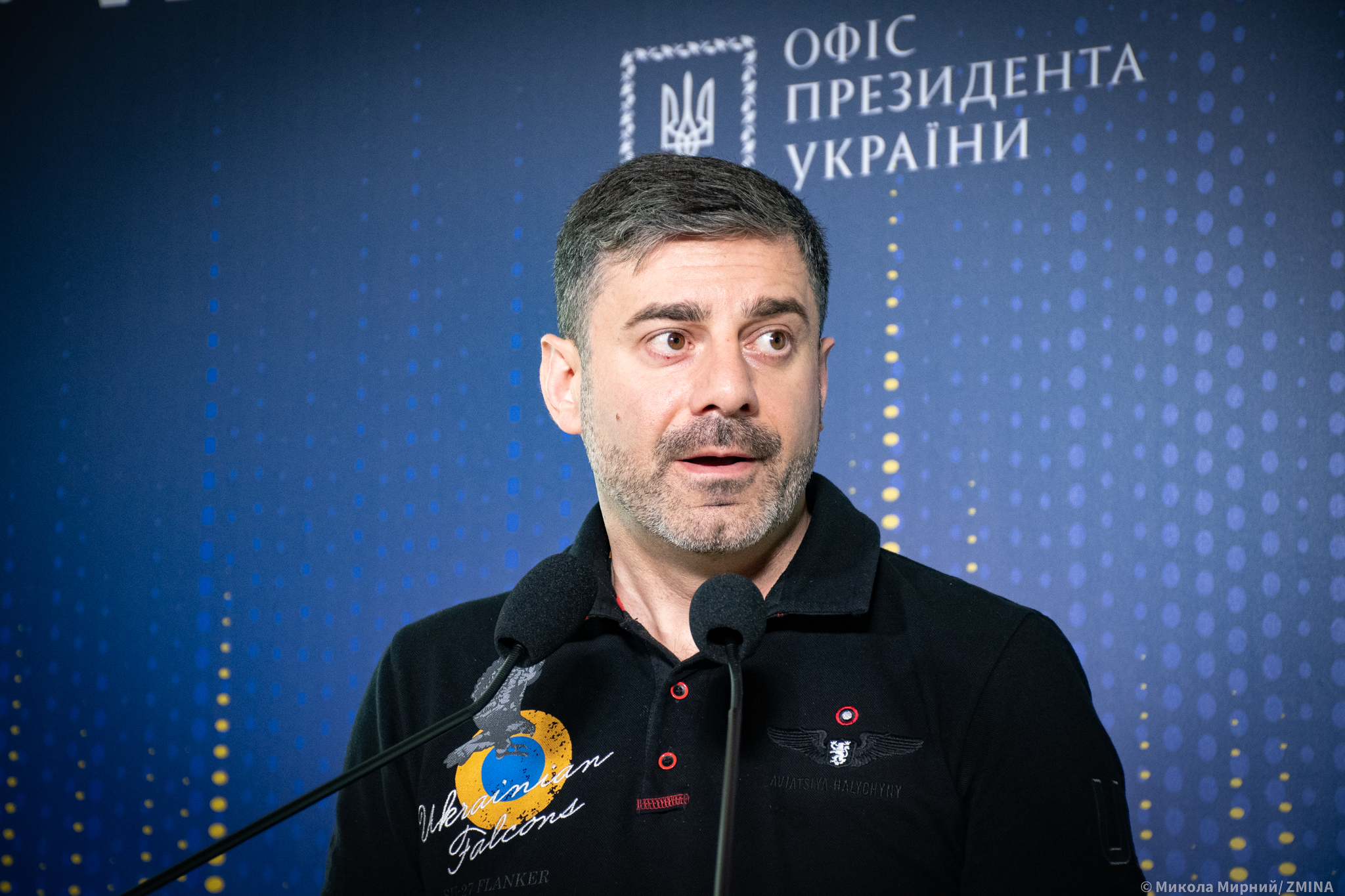 Dmytro Lubinets
Dmytro LubinetsAccording to the European Association of Jehovah’s Witnesses, over the past seven years, 30 believers in Crimea have been criminally prosecuted for their faith. Currently, nine Crimea Jehovah’s Witnesses are imprisoned.
The Crimean Human Rights Group considers these lawsuits as violations of human rights and international humanitarian law.
According to the Crimean human rights lawyers, the persecution of Jehovah’s Witnesses violated Article 9 of the European Convention on Human Rights, which addresses freedom of thought, conscience, and religion.
In addition, persecuting persons who are not criminals in Ukrainian law violates Article 7 of the Convention, which prohibits punishment without law, since according to international humanitarian law, Russia has no right to enforce its criminal law in the occupied territory.
The Crimean Human Rights Group asserted that enforcing Russian criminal law in Crimea violates the Fourth Geneva Convention, which constitutes a war crime that falls under the jurisdiction of the International Criminal Court.
On June 25, 2024, the European Court of Human Rights (ECHR) delivered a judgment on the merits in the interstate case “Ukraine v. Russia (regarding Crimea)” – the first of four interstate cases with applications against Russia in connection with its war against Ukraine. The court in Strasbourg unanimously found that Russia had massively and systematically violated human rights in temporarily occupied Crimea. This concerns 14 articles of the European Convention on Human Rights and its protocols.
Due to the persecution and intimidation of religious leaders who do not adhere to the Russian Orthodox faith, arbitrary raids on places of worship and the confiscation of religious property, the court also found that the occupying country violated Article 9 of the European Convention on Human Rights.
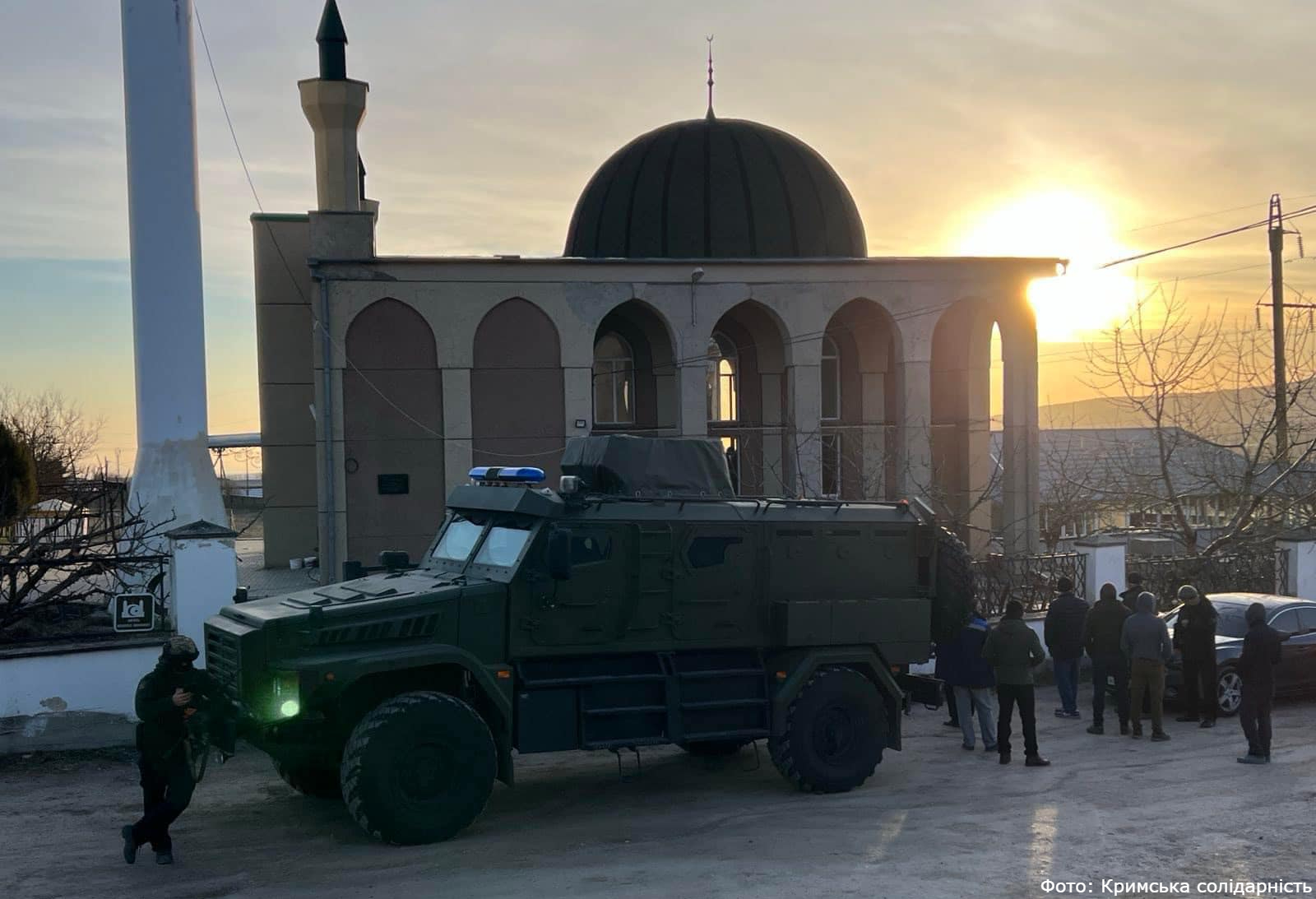 A search of the “Eski Krym” mosque in the temporarily occupied city of Staryy Krym on February 29, 2024, conducted by Russian security forces.
A search of the “Eski Krym” mosque in the temporarily occupied city of Staryy Krym on February 29, 2024, conducted by Russian security forces.Evidence and witness testimonies documented systematic persecution of Ukrainian Orthodox priests and imams, alongside arbitrary raids and property confiscations across the peninsula.
In its decision, the court specifically noted the following facts:
- Ukrainian Orthodox Churches of the Kyiv Patriarchate were seized, closed, or attacked.
- Clergy members were prohibited from entering churches.
- The occupying country did not renew residence permits for 23 Turkish imams and one Roman Catholic priest as “foreign religious leaders.”
- Russian security forces searched eight out of ten Muslim religious schools (madrasas).
- A mosque was set on fire.
- A Muslim cemetery was vandalized.
These actions led to a dramatic decline in religious organizations in Crimea, dropping from over 2,000 before February 2014 to fewer than 800 by September 2017 — a fact confirmed by Russian authorities.
The court identified the perpetrators as armed and masked law enforcement personnel, FSB officers, Russian “Сossacks,” and members of the paramilitary group “Self-Defense of Crimea.”
The ECHR concluded that Russia’s interference with religious freedoms lacked any legal basis or legitimate justification.

